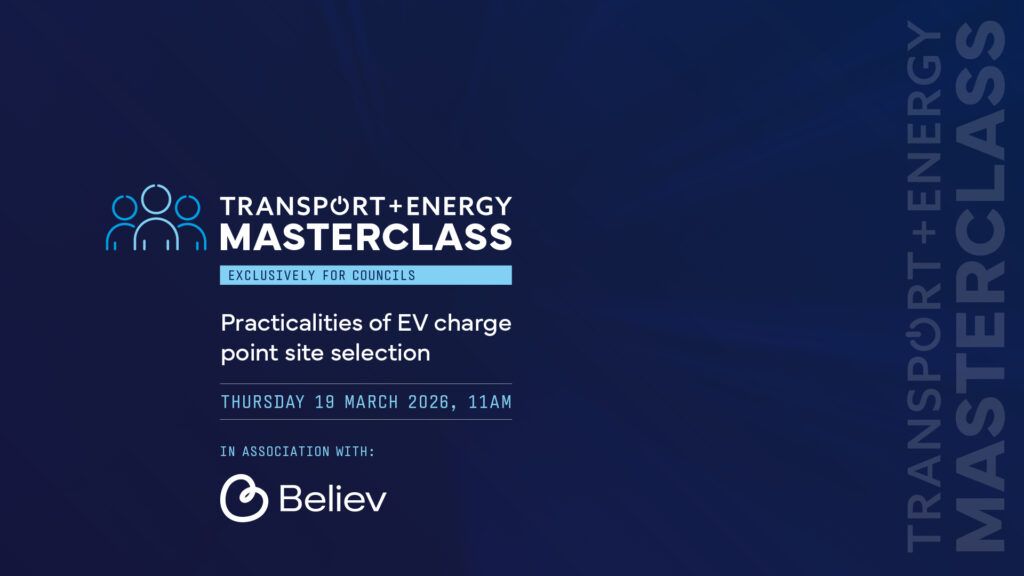The UK Government has relaunched the Net Zero Council with the aim to bring together business, civil society and local authorities on the clean energy transition.
It follows a meeting of the council on 5 February which outlined the plans to assist sectors in accelerating to net zero, and the aim to support thousands of jobs.
Co-chaired by Energy Secretary Ed Miliband and Co-operative Group CEO Shrine Khoury-Haq, it brought together leaders from some of the UK’s biggest businesses, charities and organisations, as well as trade unions and local authorities.
New members include representatives from the Trades Union Congress and Design Council under a broader coalition alongside major industry players such as Siemens, Nestle and HSBC as well as the Local Government Association and Aviva Investors.
At the first meeting, priorities were agreed including a “new focus” on expert input to inform government strategy, developing sector roadmaps, supporting SMEs on decarbonisation, and informing the government’s approach to public engagement on net zero.
A new Delivery Group will oversee the Council’s workstreams and help to drive progress.
Energy Secretary Ed Miliband said:
“Businesses and leaders across our country recognise that clean power and accelerating towards net zero represents the economic opportunity of the 21st century.
“It is one which will protect bills, create jobs, and tackle the climate crisis. This Council is about mission-driven leadership, bringing government, business and civil society together to turn ambition into action.”
Climate Minister Kerry McCarthy said:
“Bringing together leaders from across business, finance and civil society, the Council will play a crucial role in accelerating net zero ambitions, driving economic growth and creating thousands of jobs.”
Shirine Khoury-Haq, CEO of The Co-operative Group, said:
“Working urgently for a faster, fairer transition to a greener, cleaner economy is an absolute imperative. For the sake of our planet and for every community here in the UK and around the globe, it’s crucial we work together to unlock the significant opportunities the transition will bring for economic growth too.”
Bev Cornaby, Director of the UK Corporate Leaders Group (CLG UK), said:
“The relaunch of the Net Zero Council marks an important step in strengthening collaboration between government, business, civil society, and local government to accelerate the UK’s transition to net zero. Businesses are ready to lead, invest, and innovate, but they need the right policy framework and long-term clarity to unlock the full potential of a clean, competitive economy.”
David Thomas, Chief Executive of Barratt Redrow, said:
“Government has set out its clear ambition to shift to clean energy, meanwhile the homebuilding industry is making good progress towards delivering net zero homes and places – but we must unite behind one plan and work together to build a sustainable future.”
Minnie Moll, Chief Executive of the Design Council, said:
“Design has the power to cut across sectors, fuelling innovative thinking, embracing circular approaches, and turning the challenges of climate change into opportunities for economic growth, improved quality of life, and a cleaner, more sustainable future for all.”
John Scanlon, Chief Executive Officer for SUEZ recycling and recovery UK said:
“Often unseen, the work of the waste and resources sector sits at the core of the delivery of the Industrial Strategy – at the same time as we are taking steps to decarbonise our own operations, the sector is helping other sectors to decarbonise by providing secondary resources for manufacturing, and energy and fuels for transport, homes and industry.”
Ian Simm, Founder & Chief Executive, Impax Asset Management said:
“The Council has a vital role to play at a moment when pivotal decisions are being made that will decide the future shape of the UK economy, not least on housing, infrastructure, and energy supply. I look forward to providing an investor’s view regarding how the Council can maximise its impact and effectiveness, both in helping to shape the shift to a net-zero economy and in supporting the Government’s broader and much needed growth agenda.”
Jennifer Beckwith, Senior Manager, CBI, said:
“Increasing decarbonisation beyond the power sector is the big opportunity to grow clean energy markets, scale infrastructure and advance green technologies. The government leading collaboration across business and finance sectors powerfully signals to investors a focus on delivery that can help get capital moving.”
Ed Lockhart, Convenor, Broadway Initiative, said:
“UK businesses need certainty, including on the transition to a clean energy future, to invest, grow and ultimately improve living standards.
“By launching the Net Zero Council aligned to the clean energy mission, the Government is providing a much-needed platform for the business community, financial institutions, civil society and Government to work in partnership on a shared and inclusive long-term plan.”
Image from Shutterstock












